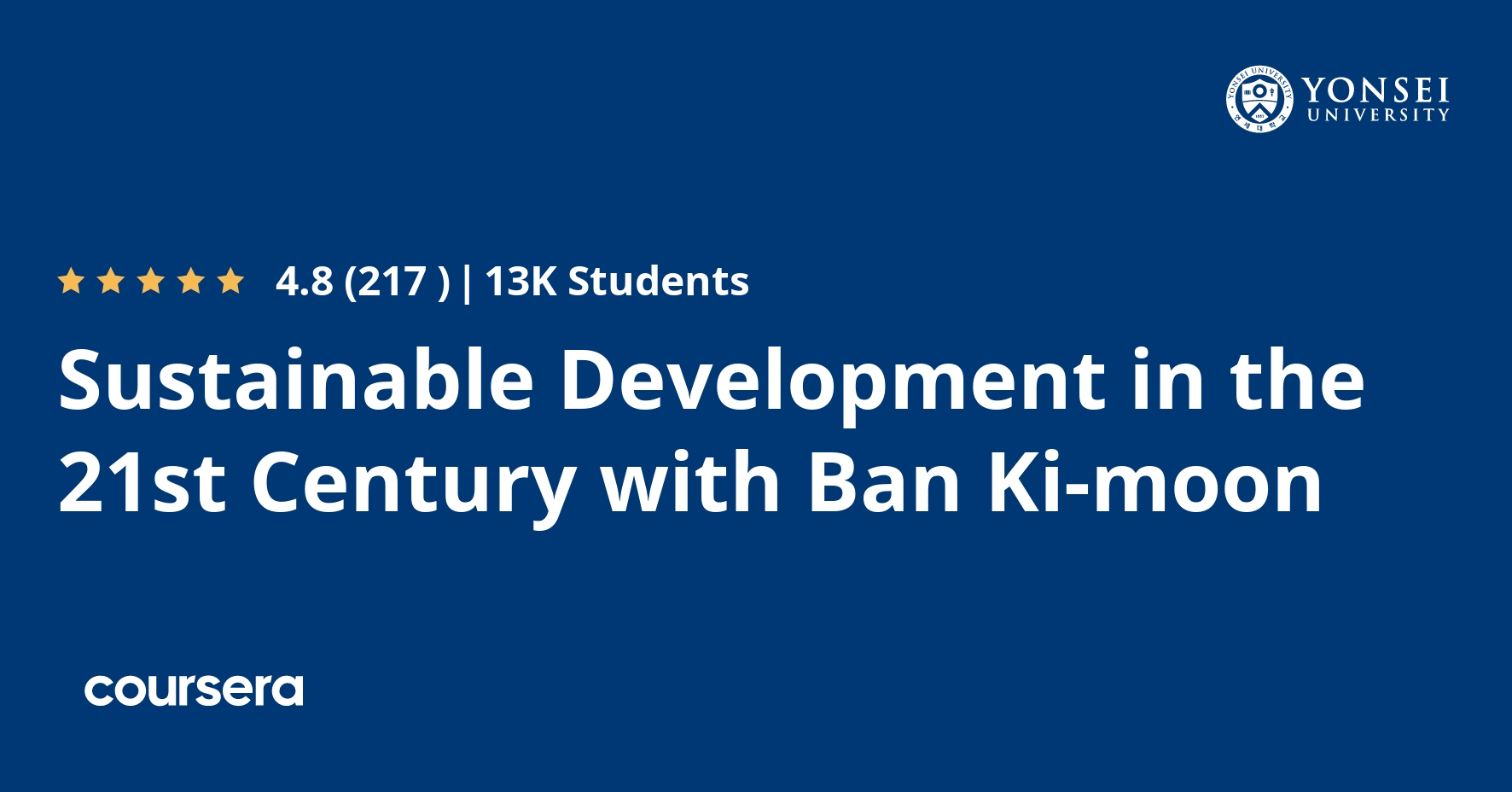Description
The course is designed for people that want to learn about the latest development agenda the international community agreed to achieve by 2030. Structured around the five pillars of Agenda 2030 – people, prosperity, planet, peace and justice, and partnership, students will learn that these pillars are interconnected and need to be integrated in practical policy-making and operational activities for development, in both developed and developing country settings. Following an introductory module on the main concepts of Agenda 2030 and the SDGs, successive modules will provide the foundation behind the SDGs for people, prosperity and planet, peace and partnership. A final module will explore the way forward and provide channels that the young generation can participate to integrate the SDGs in the policy-making of the students’ resident countries.
To get a better idea of our course, we welcome you to take a look at our promotional video: https://www.youtube.com/watch?v=KATSb73TeB4
What you will learn
2030 Agenda for Sustainable Development
In this first module, you will be introduced to the overall concept and elements of the 2030 Sustainable Development Agenda. The 2030 Agenda for Sustainable Development has been an integral part of the global development agenda. The Sustainable Development Goals (SDGs) embraced the nature and characteristics of the Millennium Development Goals (MDGs) but produced a more comprehensive goal for all. We will breakdown the five key elements: People, Planet, Prosperity, Peace and Partnership. We will also examine each of the 17 Goals of the 2030 Sustainable Development Agenda.
People
Within the SDGs, ending poverty remains a central objective of international development efforts. In Week 2, we will be looking at the concepts of poverty. The aim of this week is to examine different approaches to defining and measuring poverty and inequality and to understand the impact of global distribution of poverty. The causes and impacts of poverty such as unequal distribution of resources and power will also be discussed. Later, we will be looking at how the interrelationship between poverty and other issues, such as global health systems, hunger, gender equality and education will have an impact on the level of poverty. Furthermore, we will look into a specific case study of Bahrain’s health care reform.
Planet
In Week 3, we will have a more detailed look at the scientific evidence that human activities are influencing the Earth at the planetary level. You will be introduced to the concepts of Anthropocene and Planetary Boundaries. The biosphere (all living organisms or “biodiversity”) is arguably just as – or more – important than climate for establishing the environmental conditions we enjoy on Earth, but receives much less attention. Furthermore, we will be examining the mitigation and adaptive options, on the local and global scales, in response to reduced environmental sustainability. Additionally, we will look at the international agreements for climate change and how they seek to meet the goals of the SDGs. Using current global environmental challenges, we will discuss ways in which communities and societies have utilized indigenous knowledge, scientific evaluations, technological innovations, societal regulations and laws, environmental monitoring, and policy prescriptions in environmental management at various scales.
Prosperity
Where the last module focused on the activities within the 2030 Agenda to tackle the problems related to the Planet, this week will focus on the prosperity element of the 2030 Agenda for Sustainable Development. Economic development is a key component in any development agenda. You will be analyzing the past trends of economic and political development and will be introduced to examples of how to achieve sustainable economic development. We will touch upon concepts of sustainable economic trends such as social innovation and green jobs, buildings and energy sources.





